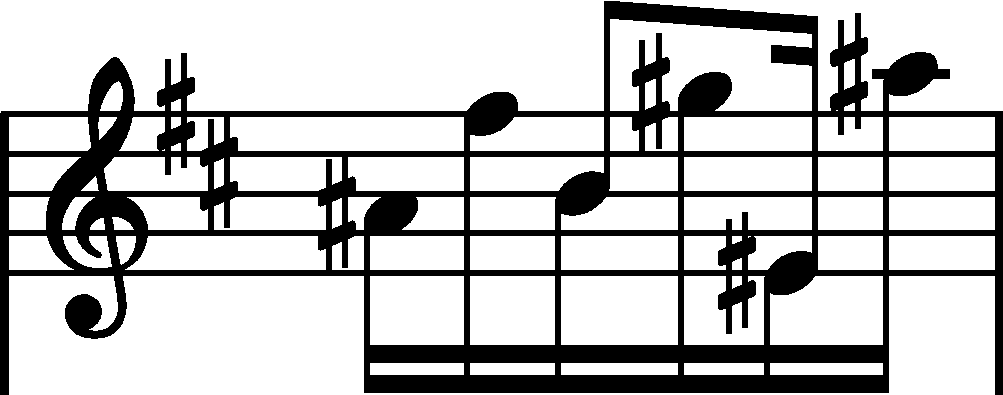



|
b. 5-21
|
composition: Op. 28 No. 5, Prelude in D major
..
In b. 5 and 21 EE added a cautionary category imprint: Differences between sources issues: EE revisions |
|||||||||||
|
b. 11
|
composition: Op. 28 No. 5, Prelude in D major
..
Due to the coincidence of minor inaccuracies of FC and GE, the category imprint: Differences between sources issues: Inaccuracies in GE , Inaccuracies in FC |
|||||||||||
|
b. 13-32
|
composition: Op. 28 No. 5, Prelude in D major
..
In each of b. 13-16 and 29-32, Chopin initially separated in A the 3rd and 5th semiquavers (b1-e category imprint: Differences between sources; Corrections & alterations issues: Errors in FE , Corrections in A , Errors resulting from corrections , Deletions in A , Accompaniment changes , Errors of FC |
|||||||||||
|
b. 13
|
composition: Op. 28 No. 5, Prelude in D major
..
The earlier position of the category imprint: Differences between sources issues: Errors in GE |
|||||||||||
|
b. 14-16
|
composition: Op. 28 No. 5, Prelude in D major
..
At times, the pedalling of A is difficult to interpret here due to a dense notation and crossings-out. The category imprint: Graphic ambiguousness; Differences between sources issues: Inaccuracies in GE , Inaccuracies in FE , Errors in EE , Inaccuracies in A |

 before A.
before A. in
in  1 and g1-c
1 and g1-c . He then abandoned that voice; he crossed out the beam and the additional stem of the 5th semiquaver. However, he left the additional stem of the 3rd semiquaver; he even prolonged it over the crossed-out beam, which must have meant that the note should be a crotchet. The sense of such corrections was guessed neither by Fontana nor by the engraver of
. He then abandoned that voice; he crossed out the beam and the additional stem of the 5th semiquaver. However, he left the additional stem of the 3rd semiquaver; he even prolonged it over the crossed-out beam, which must have meant that the note should be a crotchet. The sense of such corrections was guessed neither by Fontana nor by the engraver of  on 3rd semiquaver in
on 3rd semiquaver in